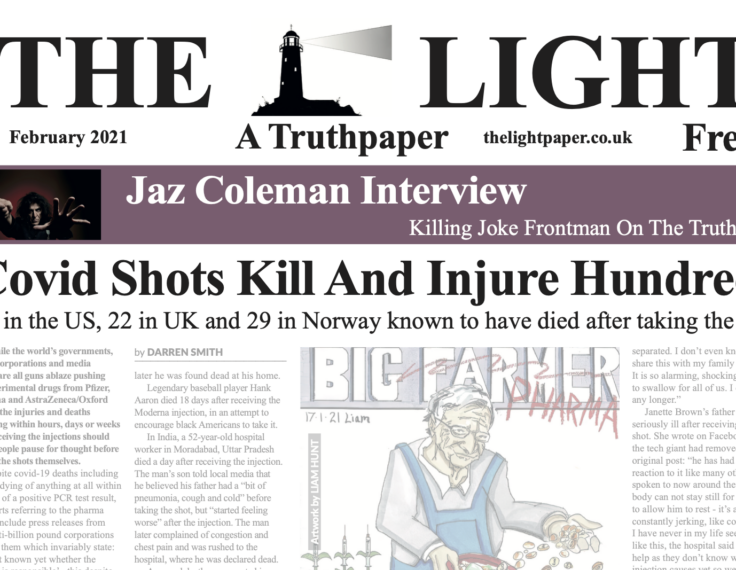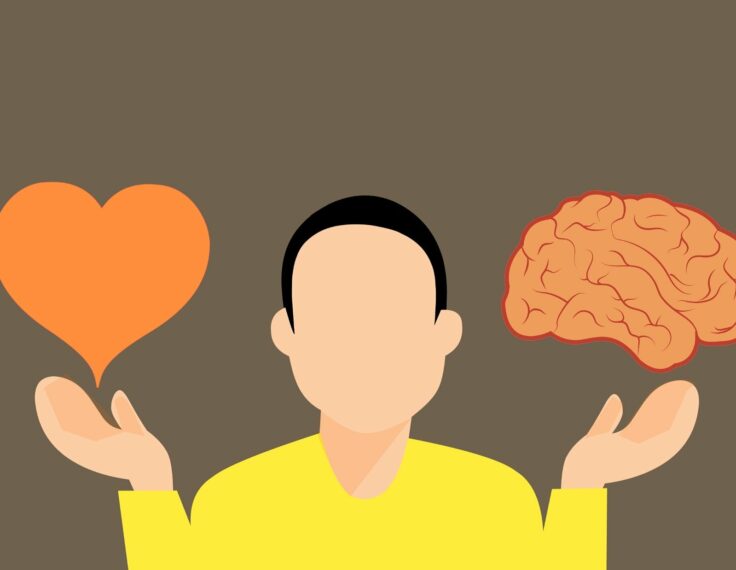Explore All Articles
All Articles
Article Topic

Hide and seek: The connection between false beliefs and perceptions of government transparency
Mathieu Lavigne, Éric Bélanger, Richard Nadeau, Jean-François Daoust and Erick Lachapelle
This research examines how false beliefs shape perceptions of government transparency in times of crisis. Measuring transparency perceptions using both closed- and open-ended questions drawn from a Canadian panel survey, we show that individuals holding false beliefs about COVID-19 are more likely to have negative perceptions of government transparency.

Ridiculing the “tinfoil hats:” Citizen responses to COVID-19 misinformation in the Danish facemask debate on Twitter
Nicklas Johansen, Sara Vera Marjanovic, Cathrine Valentin Kjaer, Rebekah Brita Baglini and Rebecca Adler-Nissen
We study how citizens engage with misinformation on Twitter in Denmark during the COVID-19 pandemic. We find that misinformation regarding facemasks is not corrected through counter-arguments or fact-checking. Instead, many tweets rejecting misinformation use humor to mock misinformation spreaders, whom they pejoratively label wearers of “tinfoil hats.”

Leveraging infodemiologists to counteract online misinformation: Experience with COVID-19 vaccines
Jack M. Gorman and David A. Scales
In the new information environment represented by the internet and social media platforms, information of public health importance is transmitted rapidly by decentralized, interpersonal networks rather than through traditional sources like public health officials or professional journalists, thus requiring a new approach to counteracting misinformation.

Research note: Examining how various social media platforms have responded to COVID-19 misinformation
Nandita Krishnan, Jiayan Gu, Rebekah Tromble and Lorien C. Abroms
We analyzed community guidelines and official news releases and blog posts from 12 leading social media and messaging platforms (SMPs) to examine their responses to COVID-19 misinformation. While the majority of platforms stated that they prohibited COVID-19 misinformation, the responses of many platforms lacked clarity and transparency.

Digital literacy is associated with more discerning accuracy judgments but not sharing intentions
Nathaniel Sirlin, Ziv Epstein, Antonio A. Arechar and David G. Rand
It has been widely argued that social media users with low digital literacy—who lack fluency with basic technological concepts related to the internet—are more likely to fall for online misinformation, but surprisingly little research has examined this association empirically. In a large survey experiment involving true and false news posts about politics and COVID-19, we found that digital literacy is indeed an important predictor of the ability to tell truth from falsehood when judging headline accuracy.

Research note: Understanding offline Covid-19 conspiracy theories: A content analysis of The Light “truthpaper”
Rod Dacombe, Nicole Souter and Lumi Westerlund
This article explores the ways in which offline conspiracist material concerned with Covid-19 is presented and structured through a content analysis of The Light, a newspaper produced and distributed by activists in the U.K. Our analysis shows that conspiracy theories related to Covid-19 are included alongside a range of other, non-conspiracist content and that readers encounter these ideas in a format which closely resembles a conventional newspaper.

The battleground of COVID-19 vaccine misinformation on Facebook: Fact checkers vs. misinformation spreaders
Aimei Yang, Jieun Shin, Alvin Zhou, Ke M. Huang-Isherwood, Eugene Lee, Chuqing Dong, Hye Min Kim, Yafei Zhang, Jingyi Sun, Yiqi Li, Yuanfeixue Nan, Lichen Zhen and Wenlin Liu
Our study examines Facebook posts containing nine prominent COVID-19 vaccine misinformation topics that circulated on the platform between March 1st, 2020 and March 1st, 2021. We first identify misinformation spreaders and fact checkers,1fact checker in our study is defined as any public account (including both individual and organizational accounts) that posts factual information about COVID-19 vaccine or posts debunking information about COVID-19 vaccine misinformation.

Happiness and surprise are associated with worse truth discernment of COVID-19 headlines among social media users in Nigeria
Leah R. Rosenzweig, Bence Bago, Adam J. Berinsky and David G. Rand
Do emotions we experience after reading headlines help us discern true from false information or cloud our judgement? Understanding whether emotions are associated with distinguishing truth from fiction and sharing information has implications for interventions designed to curb the spread of misinformation.

Developing an accuracy-prompt toolkit to reduce COVID-19 misinformation online
Ziv Epstein, Adam J. Berinsky, Rocky Cole, Andrew Gully, Gordon Pennycook and David G. Rand
Recent research suggests that shifting users’ attention to accuracy increases the quality of news they subsequently share online. Here we help develop this initial observation into a suite of deployable interventions for practitioners. We ask (i) how prior results generalize to other approaches for prompting users to consider accuracy, and (ii) for whom these prompts are more versus less effective.
